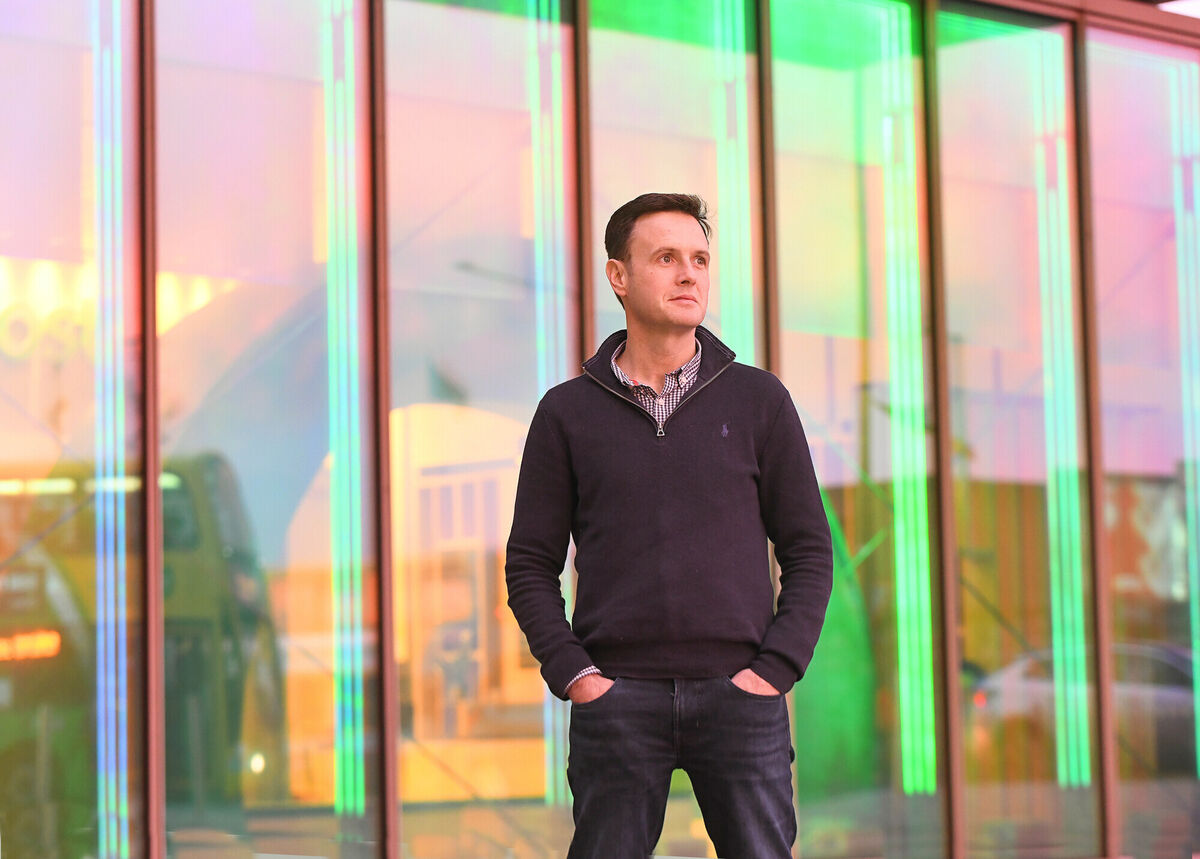PANCREATIC cancer affects almost 600 people in Ireland each year. It is slightly more common in men, and the average age of diagnosis is 73. However, Dublin-based businessman Stuart O’Neill was 43 when he was diagnosed in early 2024.
“In December 2023, I was feeling a bit tired and had noticed some changes in the colour of my stools, but I was super busy at work and I had just had covid, so I put it down to that. Christmas came and went, and, in January, I noticed my urine looked very dark yellow. At first, I thought it might be the lighting in the bathroom, but then I noticed that the whites of my eyes were looking yellow, and I thought, ‘Oh, no, this isn’t right.’ ”
The five-year survival rate for pancreatic cancer is slowly improving. It was 5% in 1998 and 14% in 2018. However, it remains low compared to other cancers. “That’s mainly because there may be no signs or symptoms in the early stages of pancreatic cancer,” says Egan. “Some 47% of pancreatic cancers are diagnosed at a later stage, where the cancer will have spread to other parts of the body, and it can be harder to treat.”
 Stuart O’Neill, who has been treated for pancreatic cancer with a Whipple surgery and chemotherapy. Photogaph Moya Nolan
Stuart O’Neill, who has been treated for pancreatic cancer with a Whipple surgery and chemotherapy. Photogaph Moya Nolan
November 20, 2025, is World Pancreatic Cancer Day. If you have any questions or concerns about cancer, contact the Irish Cancer Society’s Freephone Support Line on 1800 200 700.
For more information, visit cancer.ie

